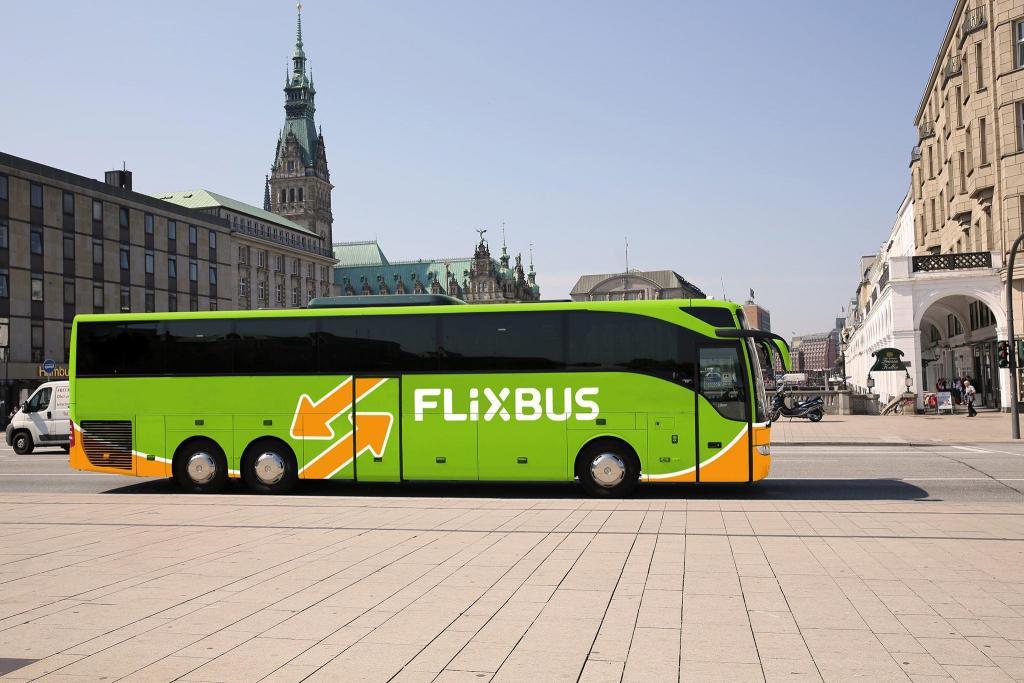The German bus company, FlixBus, is to expand to Estonia in 2020, aiming to connect the country with cities in Central Europe.
FlixBus, a German brand that offers intercity bus service in Europe and the United States, announced on 13 February that it’s aiming connect Estonia, Latvia and Lithuania via cross-border connections from Poland. The expansion to the Baltics will be managed by the team based in Warsaw, Poland, the company said.
According to the Estonian Public Broadcasting, the Estonian ministry of economy has approved FlixBus Polska’s request to open bus routes on Berlin-Tallinn, Warsaw-Tallinn and Prague-Tallinn.
FlixBus is a sort of a McDonalds of the transportation market. It does not own any buses and doesn’t employ drivers; its services run in cooperation with regional bus companies. Local partners are responsible for the day-to-day running of routes, while the company is responsible for permits, network planning, marketing, pricing, quality management and customer service and retains 25-30% of the ticket price. As of 2018, the company had a 90% market share of bus travel in Germany.
The largest long-distance bus network
The bus company emphasises the sustainability of its buses, lower prices and free Wi-Fi on board. Customers can choose to offset their carbon footprint when buying a ticket online. The offset costs between 1-3% of the ticket price and goes to internationally certified climate projects. In France and Germany, Flixbus has routes served by electric buses made by BYD Auto and Yutong.
On 13 February, the company celebrated its seventh birthday – its very first ride departed on 13 February 2013, from Munich to Erlangen, Germany. By today, the company operates what it calls the largest long-distance bus network.
In 2019, the company says it carried over 62 million passengers.
Seventeen hours – at least – on the bus
The only question is, why would anyone waste an entire day travelling from Tallinn to Berlin by bus. The distance between the cities is about 1,000 miles (1,600 km) and the driving time would be around 17 hours. The flight time between Tallinn and Berlin, on the other hand, is less than two hours.
Back in the 1990s, a company called Eurolines operated bus lines between Tallinn and Berlin, and other cities in Europe. The journey from Tallinn to Berlin, with stops in Riga, Latvia, Kaunas and Panevežys, Lithuania, and Warsaw, Poland, took around 26 hours. Of course, back then, crossing the national borders was also time consuming. However, the bus lines offered a cost-efficient way to travel to Europe – even though it was time consuming, the ticket prices were considerably cheaper than airfares.
Cover: A FlixBus in Hamburg, Germany (FlixBus).

